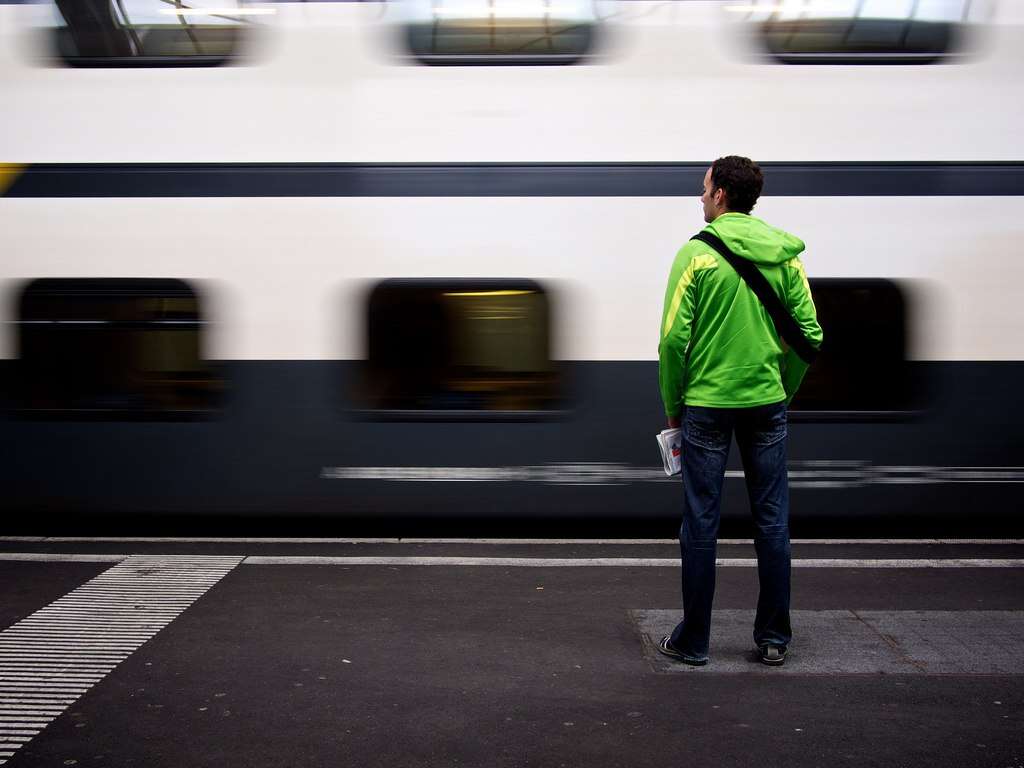What Is Dissociative Identity Disorder?
6. Neurological Basis
One recent investigation identified brain abnormalities in those with dissociative identity disorder. The parts of the brain most affected were the limbic system, which processes motivation, emotion, learning, and memory; and the frontal lobe, which processes cognition, personality, and decision-making. Specifically, the limbic area was less active, the frontal lobe was more active, and the way these two areas interacted was altered.
MRIs showed that the hippocampus and amygdala of women with dissociative personality disorder were significantly smaller than normal. The hippocampus and amygdala are part of the limbic system. The hippocampus that controls memory, and the amygdala, fear. Other researchers have observed that the frontal lobe kept other parts of the brain associated with personal identity from functioning.
Advertisement











